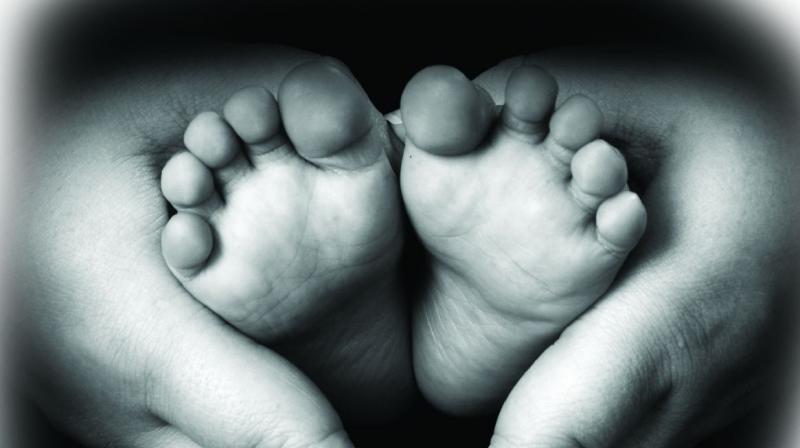
For years, the concept of “biological clock” has been discussed, particularly in terms of women’s fertility. Women’s fertility normally declines with age due to a decrease in the amount and quality of eggs in the ovaries. This process is commonly known as the ticking of the “biological clock.” However, it is difficult to imagine that there is a proper moment to freeze eggs.
The phrase “biological clock” is frequently employed to depict the decline in female fertility as individuals age. All the eggs a woman will ever have is present at birth, and as she ages, her egg supply gradually reduces. Additionally, these eggs become less quality with time, which might raise the chance of chromosomal abnormalities or miscarriage and make it more difficult to conceive.
The decision to freeze eggs is big and important. It can be influenced by various personal and health factors. Egg Freezing is a process in which numerous eggs are created by stimulating the ovaries, removing the eggs, and storing them for future use. Women have the best quality and quantity of eggs during their late 20s or early 30s. Even though age is important, it is equally important to keep every individual’s lifestyle and past history in mind or sometimes they are just waiting for the right person or waiting for the right time.
The process of Egg Freezing is divided into various parts, the first and foremost is the initial consultation with the doctor which is usually done online, during the consultation the doctor will take in your history and then if needed call you to the clinic to perform an ultrasound and conduct a blood test to determine the woman’s ovarian reserve. The ultrasound and blood tests are done on day 2 or 3 of a woman’s period cycle. This is an important step as it shows how many viable eggs can be gathered for the woman. Post the ultrasound the patient is provided with stimulation medicines to produce more than one egg, sometimes the doctor recommends a natural cycle to retrieve the eggs which means that the bare minimum medication or no medication is given for stimulation. During this phase regular blood tests and ultrasounds are done to closely monitor the development.
After the stimulation and once the eggs are ready, a minor procedure is done while the patient is sedated to remove the eggs. Once they are recovered they are immediately frozen, which means the eggs are quickly cooled which in turn prevents them from forming ice crystals & maintaining their integrity until the woman decides to use them.
Those considering to freeze their eggs and storing them should definitely consult their gynaecologist as they can provide their expert advice. And once they have had their fertility tested they can ask their doctor for personalized advice based on the assessment of their ovarian reserve and other factors that are relevant. Other than the stimulation and retrieval process the doctor can explain the risks including ovarian hyperstimulation syndrome (OHSS).
In this modern age and time, Egg Freezing is a very effective tool for the modern woman as it allows them to preserve their fertility till they have found the right person, or maybe when they are just ready!
For the best outcome for the woman’s reproductive aspirations, the decision needs to be made after considering various factors like career, family, and personal planning. Egg Freezing is a process that gaps the bridge between the biological limitations of nature and the individuals who desire a family based on their own schedule and wants.
The article is authored by Dr Nisha Bhatnagar, Medical Director, Infinite Fertility







